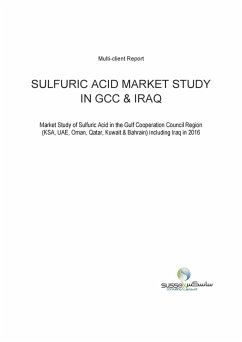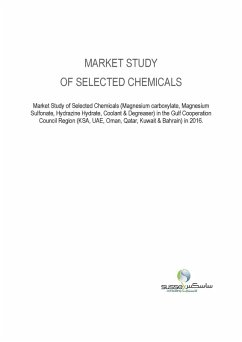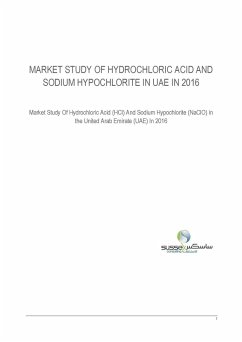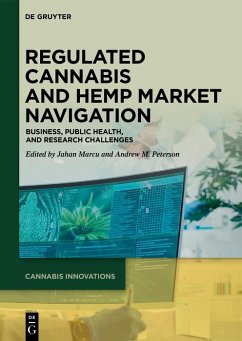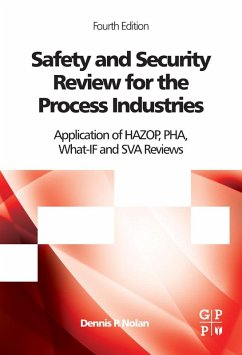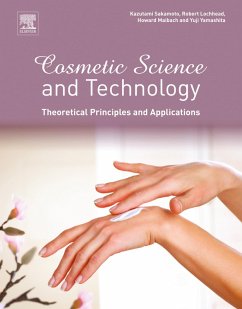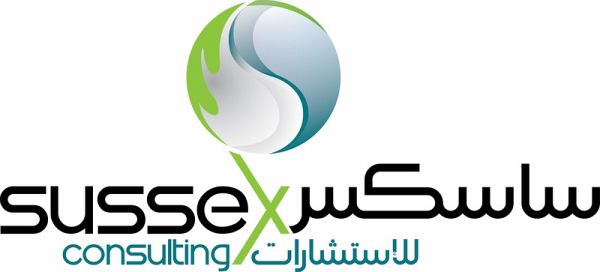
MARKET STUDY OF HYDROGEN IN GCC (eBook, ePUB)
Market Study of Hydrogen in the Gulf Cooperation Council Region (KSA, UAE, Oman, Qatar, Kuwait & Bahrain) January 2016

PAYBACK Punkte
34 °P sammeln!
The market research identified companies in Gulf Cooperation Council (GCC) that use hydrogen in 2016 industries ranging across refining, ammonia, chemicals, steel, metals, oil hydrogenation, float glass, power plants and electronics. The main goal of the research is to identify those industries and potential consumers that would be purchasing or consuming hydrogen in GCC. In addition, the research aims at estimating the size of the hydrogen market in the GCC countries which include Saudi Arabia, United Arab Emirates, Kuwait, Qatar, Oman and Bahrain. Discussions were held with approximately 60 ...
The market research identified companies in Gulf Cooperation Council (GCC) that use hydrogen in 2016 industries ranging across refining, ammonia, chemicals, steel, metals, oil hydrogenation, float glass, power plants and electronics. The main goal of the research is to identify those industries and potential consumers that would be purchasing or consuming hydrogen in GCC. In addition, the research aims at estimating the size of the hydrogen market in the GCC countries which include Saudi Arabia, United Arab Emirates, Kuwait, Qatar, Oman and Bahrain. Discussions were held with approximately 60 companies, with questions related to the study. In addition, research was undertaken at selected oil refiners and ammonia producers in Europe and North America to confirm a number of hypotheses. Nevertheless, a number of key conclusions can be developed from the market survey on the size of the merchant market for hydrogen. The definition of merchant market is not a simple one. Excluding the main consuming industries of refineries, ammonia and chemicals production, the merchant market is defined by Sussex Consulting, as one in which a third party provides hydrogen to another party on arm's length commercial pricing basis. At refineries, for example, there are dedicated hydrogen production facilities owned by third parties for supplies to the refinery. This is a merchant sale. However, since the hydrogen plant would be dedicated to meet this need, its volume is excluded from the definition of a merchant market. Other consumers such as steel production by direct reduction of iron and methanol use syngas (mixture of hydrogen and carbon monoxide). These applications are excluded from the supply, demand analysis of hydrogen.
Dieser Download kann aus rechtlichen Gründen nur mit Rechnungsadresse in A, B, BG, CY, CZ, D, DK, EW, E, FIN, F, GR, HR, H, IRL, I, LT, L, LR, M, NL, PL, P, R, S, SLO, SK ausgeliefert werden.




